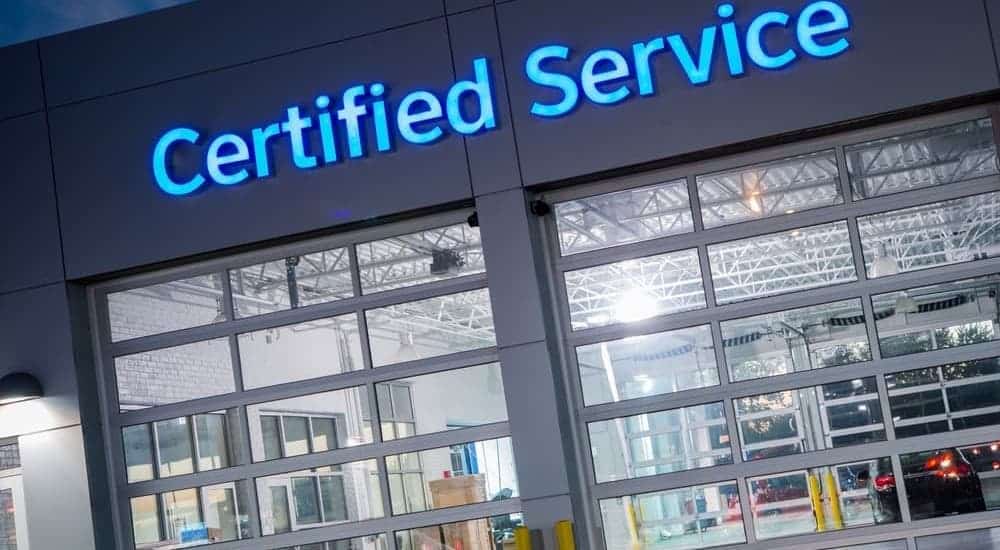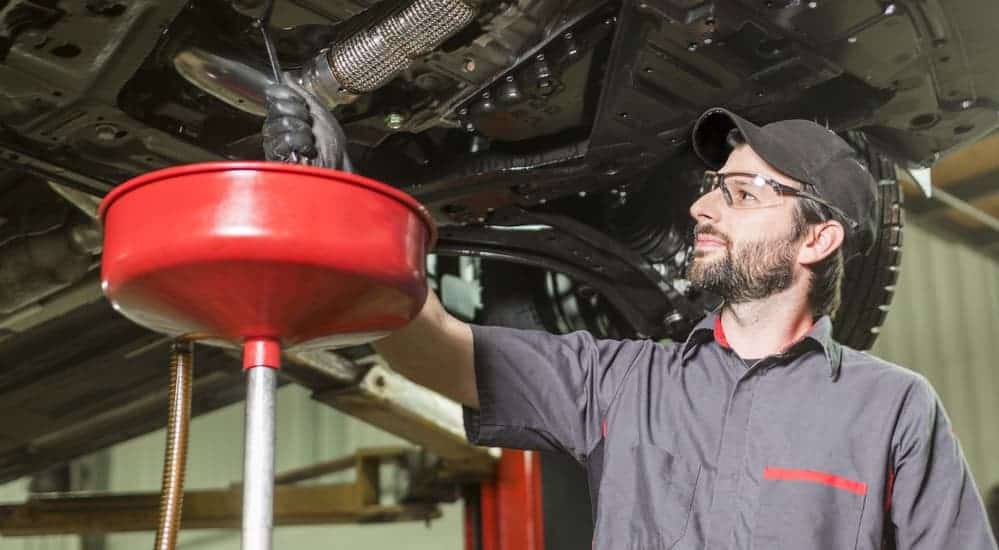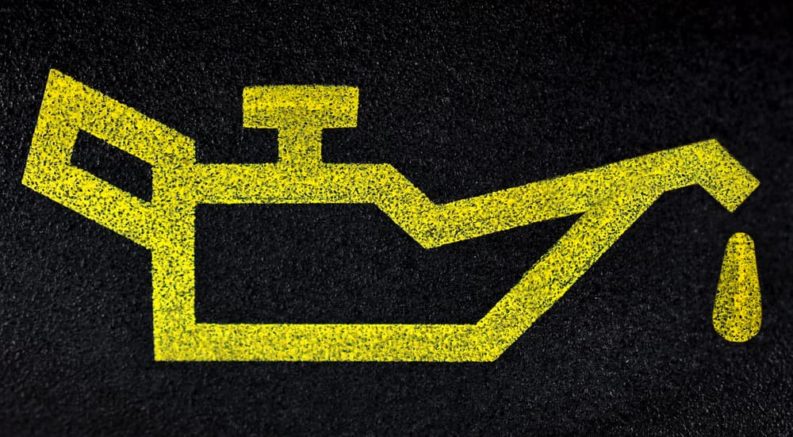When it comes to owning a vehicle, many different things can start to feel like a chore including that trip to get a quick lube. Vehicle ownership is a wonderful, convenient, and often necessary part of life, but it comes with its own set of responsibilities. A vehicle that is not properly maintained can lead to many issues, and vehicle maintenance can be costly as well as time-consuming. One of the most frequently performed and consistently required form of vehicle maintenance is an oil change. A typical vehicle will require an oil change every 5,000-15,000 miles driven. The average driver has many different options available to them when it comes time for an oil change. They can stop by a local quick lube shop, find a dealership around them, or even perform their own oil change from home. Each of these options has its own set of pros and cons, which must be taken into account when choosing. Here, I have prepared a list of pros and cons for each option, to help any driver make the most informed decision when it comes to oil changes.
Dealership
PROS:
- Reliable Service: When it comes to the quality of service, dealerships are typically known for being quite good. Reputable dealerships require technicians to be intimately familiar with the fleet of vehicles that they typically sell, so you can be assured that the person who is working on your vehicle not only knows exactly what they are doing, but they are also intimately familiar with your particular vehicle.
- Top Quality Materials: Typically, dealerships will utilize parts and fluids that are native to your particular vehicle. In the automotive world, there is a term that is called “OEM.” This stands for “original equipment manufacturer” and refers to the parts and fluids that the automotive maker originally designed the vehicle with. These parts and fluids go through the extensive testing procedures that the vehicle itself was put through; therefore, you know that OEM parts are quality products.
- Knowledgeable Staff: The staff at dealerships are more often than not very well-versed in the vehicles that they are selling. This is particularly useful when it comes to the service department. This knowledge is greatly beneficial to you, as they can give your vehicle a quick scan while the oil change is happening. The more familiar the person is who is looking at the vehicle, the quicker and more accurate they will be at diagnosing other issues. A technician could see something that needs immediate attention while servicing your vehicle, and you would have had no idea had you not gone there.
CONS:
- Cost: Dealerships are definitely not the most cost-conscious option available. Due to the quality of OEM parts and the knowledge of their staff, their servicing tends to come at a premium price. While you certainly do pay for quality, something minor like an oil change may not be worth a visit to a dealership.
- Location: Dealerships are typically not nation-wide chains; however, they have a lot of customers. With only one to a few locations, the service centers at dealerships are typically very busy. You may find yourself needing to schedule service months in advance, and if you do not live very close to it, you may find yourself having to cover a lot of mileage for your servicing.
- They Are Always Trying to Sell You a New Vehicle: While the servicing department is nice, that is only one part of the overall dealership. Car dealerships made themselves big by selling cars, not oil changes. If you frequent dealerships for your automotive servicing, the salespeople will take notice, and might push a new vehicle on to you. This can be particularly annoying if you are simply trying to get some quick service.

Quick Lube
PROS:
- Convenience: Quick lube shops gained national popularity for one primary reason: convenience. These are small shops which specialize in performing minor but frequently required servicing quickly, such as oil changes and inspections.
- Locations: Many of the top quick lube shops are national chains, with many different locations throughout the country. These are usually located in high-trafficked areas, where they can get a lot of business. By being so spread-out, they can offer service to people who might not have any other options available.
- Nationally-Consistent Servicing: By being a national chain with many locations, they can provide a near-identical set of servicing all throughout the country. Whether you are in California, Massachusetts, or Colorado, you will always know what kind of service your car will receive. National quick lube chains built their reputations on providing a quick, quality, and most importantly, consistent automotive servicing experience.
CONS:
- Questionable Quality of Service: Quick lube shops have developed a negative reputation over time as having a mixed bag in terms of technician quality. Some of the major quick lube shops do not require new technicians to have any prior automotive experience. While it is great to support someone who is getting into a new career, cars are very expensive pieces of machinery, and the servicing should only be performed by trained professionals.
- Price-Gouging: Quick lube shops have also developed a reputation for over-charging for their services. Most quick lube shops will use whatever parts/fluids that are most affordable, without much thought being put into quality. They will then charge a premium price while using discount products to perform their servicing.
- They Will Attempt to Sell You Service You Do Not Need: Often, it can feel like the technicians are more like salesmen at a quick lube shop. Some places will require their technicians to charge a certain amount for every bill. When you go in for a simple oil change, that is frequently not enough to cover the requirement, and they will try to compensate by selling you things you do not actually need.

Do It Yourself
PROS:
- The Cheapest Option: When it comes to servicing your own vehicle, the only cost you have to cover is the cost of the parts, as it is your own labor. Not only that, but you will not be up-charged on the parts, as you can buy them yourself.
- Valuable Skills Learned: Learning how to service your own vehicle is a very rewarding skill to have. Not only can it save you money over the long run, but possessing that knowledge could be very useful in the case of a future emergency. Check out to change your oil step by step on OilChangeForDummies.
CONS:
- Must be Done Correctly: Performing something simple like even an oil change can have negative consequences if done incorrectly. While learning how to service a vehicle can be a very rewarding experience, it is not something that you should do alone on a vehicle that you actually require for transportation. Even a sloppy oil change can have a very negative impact on your vehicle, so it should only be performed if you know what you are doing.
- Can Be Time-Consuming: While servicing your own vehicle can be great, it is not something that should be done if you are on a very specific time-limit. If you know you are going to have some free time, then it could be a great way to spend your day. If you are a busy person who needs it done quickly, it may not be the best idea.

